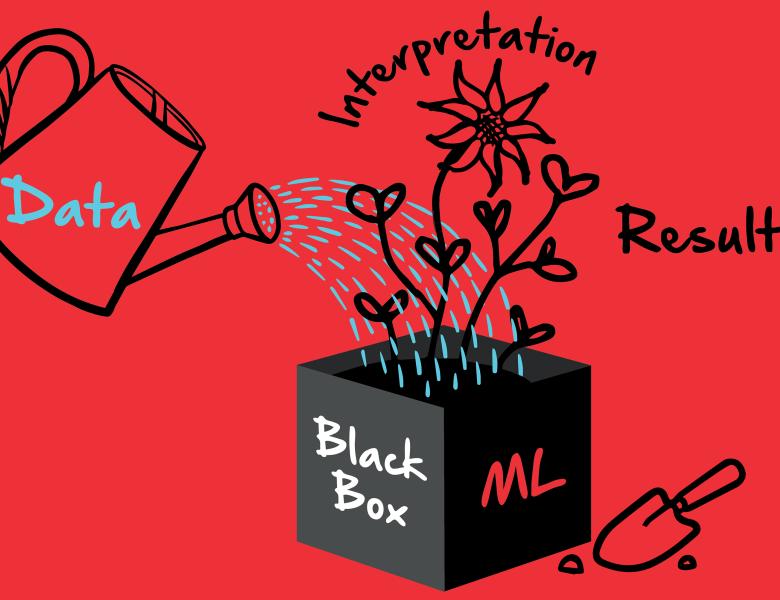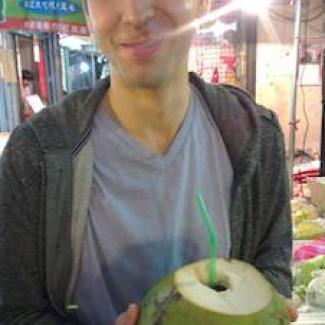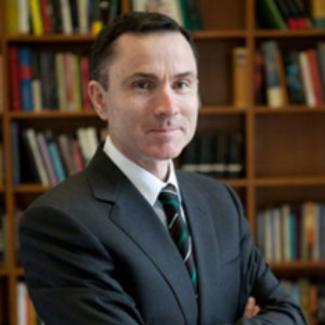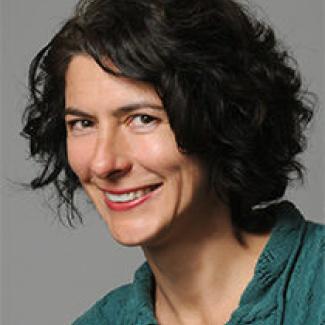
This workshop will convene an interdisciplinary group of scholars to inspire clear foundational formulations of interpretability in a variety of domains where questions of interpretability arise in the application of machine learning, statistics, and data science more broadly. The attendees will include scholars from both the natural sciences — including precision medicine and the physical, biological and neuroscience sciences, and the social sciences — including political science, economics, and law, together with machine learners, statisticians, and data scientists. Across these domains, the term "interpretability" is often overloaded to speak to such disparate concerns as assisting in model checking, comparing extracted patterns against domain knowledge, extracting insights and generating hypotheses, anticipating failures on out-of-domain data, and providing accountability and contestability to individuals subject to data-driven decision-making.
Our goal is to collectively characterize both the problems where interpretability concerns arise and the concepts that have arisen in recent efforts to address them. We aim to develop the appropriate theoretical framing of interpretability in the context of these domain problems. In particular, we will discuss and clarify the role of causal inference in various interpretability problems. We will identify desirable theoretical results under these concepts and framing, and discuss steps to test or validate the applicability of these results to the domain problems that motivate us. Where possible, we will propose performance metrics and discuss a workflow for continuously revising our framing to be useful in the intended domain areas for guiding both decision-making and knowledge generation.
Michele Ceriotti (EPFL), Alex D'Amour (Google), David Danks (UC San Diego), Sina Fazelpour (Northeastern University), Jack Gallant (UC Berkeley), Joseph Halpern (Cornell University), Tad Hirsch (Northeastern), Aleksandra Korolova (USC), Anshul Kundaje (Stanford University), David Limmer (UC Berkeley), David Limmer (UC Berkeley), Jas Sekhon (Yale University), Ruth Urner (York University), Rebecca Wexler (UC Berkeley)







